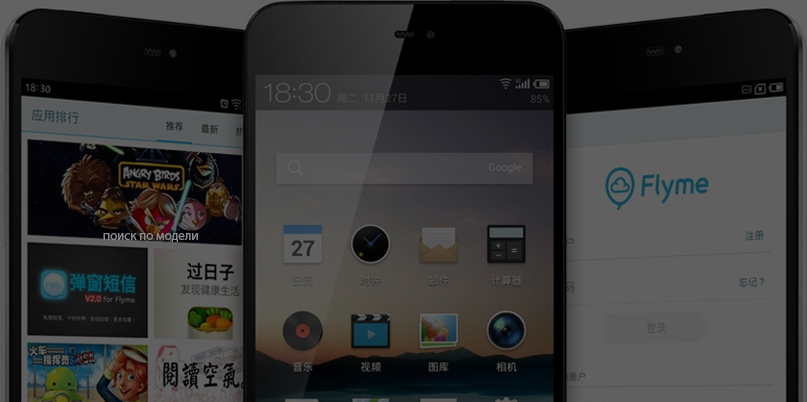Digma Plane 7557 4G vs Microsoft Surface Duo
Digma Plane 7557 4G
Microsoft Surface Duo
-
Network
-
2G networkGSM 850, 900, 1800, 1900GSM 850, 900, 1800, 1900
-
3G networkHSDPA 2100HSDPA 850, 900, 1900, 2100
-
4G networkLTE frequency band 1(2100), 3(1800), 7(2600)LTE frequency band 1, 2, 3, 4, 5, 7, 8, 12, 13, 14, 19 20, 25, 26, 28, 29, 30, 38, 39, 40, 41, 46, 66
-
HSDPA speed-42.2 Mbps
-
HSUPA speed-5.76 Mbps
-
LTE speedLTE, Cat4, 150 Mbps download, 51 Mbps uploadLTE-A (CA) Cat18, 1200 Mbps download, 100 Mbps upload
-
GPRSYesYes
-
EDGEYesYes
-
Availability
-
Oficially announced2018-12020-08
-
Status2018-12020-08
-
Design
-
BuildPlasticGlass front (Gorilla Glass 5), glass back (Gorilla Glass 5)
-
SIMDual SIM (Micro-SIM/Mini-SIM, dual stand-by)Nano-SIM, eSIM
-
Height108 mm145.2 mm
-
Width188 mm93.3 mm
-
Thickness10 mm9.9 mm
-
Height unfolded-186.9 mm
-
Width unfolded-145.2 mm
-
Thickness unfolded-4.8 mm
-
Weight275 g250 g
-
Stylus-Yes
-
ColorsBlackWhite
-
Display
-
Display typeIPSAMOLED capacitive touchscreen
-
Physical size7 inches8.1 inches
-
Resolution1024 x 600 pixels1800 x 2700 pixels
-
Pixel density170 ppi401 ppi
-
Display colors1677721616777216
-
Protection-Corning Gorilla Glass 5
-
MultitouchYes-
-
Cover display-AMOLED capacitive touchscreen
-
Cover display physical size-5.6 inches
-
Cover display resolution-1350 x 1800 pixels
-
Hardware
-
CPU-Octa-core
-
CPUQuad-core 1.5 GHz Cortex-A7Single-core 2.84 GHz Kryo 485
-
CPU(second)Triple-core 2.42 GHz Kryo 485
-
CPU(third)Quad-core 1.78 GHz Kryo 485
-
ChipsetSpreadtrum SC9832Qualcomm SM8150 Snapdragon 855
-
GPUMali-400 MP2Adreno 640
-
Memory RAM2 GB6 GB
-
Internal storage16 GB128, 256 GB
-
Memory cardmicroSD, microSDHC, microSDXCNo
-
Memory card max64 GB-
-
Storage-UFS 3.0
-
OS
-
OSAndroid 7.0 NougatAndroid 10
-
Main camera
-
Camera type-Single
-
Main camera2 MP11 MP, f/2.0 , 23 mm, 1.0 µm
-
Primary camera resolution1600 x 1200 pixels-
-
Primary camera video720p@30fps4K@30/60fps, 1080p@30/60fps, gyro-EIS
-
Primary camera flashLED-
-
Camera featuresContinuous shooting, digital zoom, geotagging, HDR, face detection, scene mode-
-
Selfie camera
-
Selfie camera0.31 MP
-
Selfie camera resolution640 x 480 pixels-
-
Selfie camera video480p@30fps MP4K@30/60fps, 1080p@30/60fps, gyro-EIS
-
Sound
-
3.5mm jackYes-
-
LoudspeakerYesYes, with stereo speakers
-
EarpieceYes-
-
Multimedia
-
RadioFM RadioNo
-
Connectivity
-
WLANWi-Fi 802.11b, 802.11g, 802.11nWi-Fi 802.11a, 802.11b, 802.11g, 802.11n, 802.11n 5Ghz, 802.11ac
-
WLAN WiFi Hotspot-Yes
-
WLAN WiFi Direct-Yes
-
WLAN WiFi Dual Band-Yes
-
USBmicroUSB 2.0Type-C reversible connector
-
Bluetoothv4.0v5.0
-
Bluetooth A2DPYesYes
-
bluetooth LE-Yes
-
Bluetooth AptX-aptX Adaptive
-
GPSYes, with A-GPSYes, with A-GPS
-
Features
-
SensorsAccelerometerAccelerometer, fingerprint, proximity
-
Browser
-
HTMLHTML5HTML5
-
Battery
-
Battery typeLi-PoLi-Po
-
Battery capacity4000 mAh3577 mAh
-
Battery removableNon-removableNon-removable
-
Fast battery charging-Yes
-
Cost
-
Price-1400 USD






































